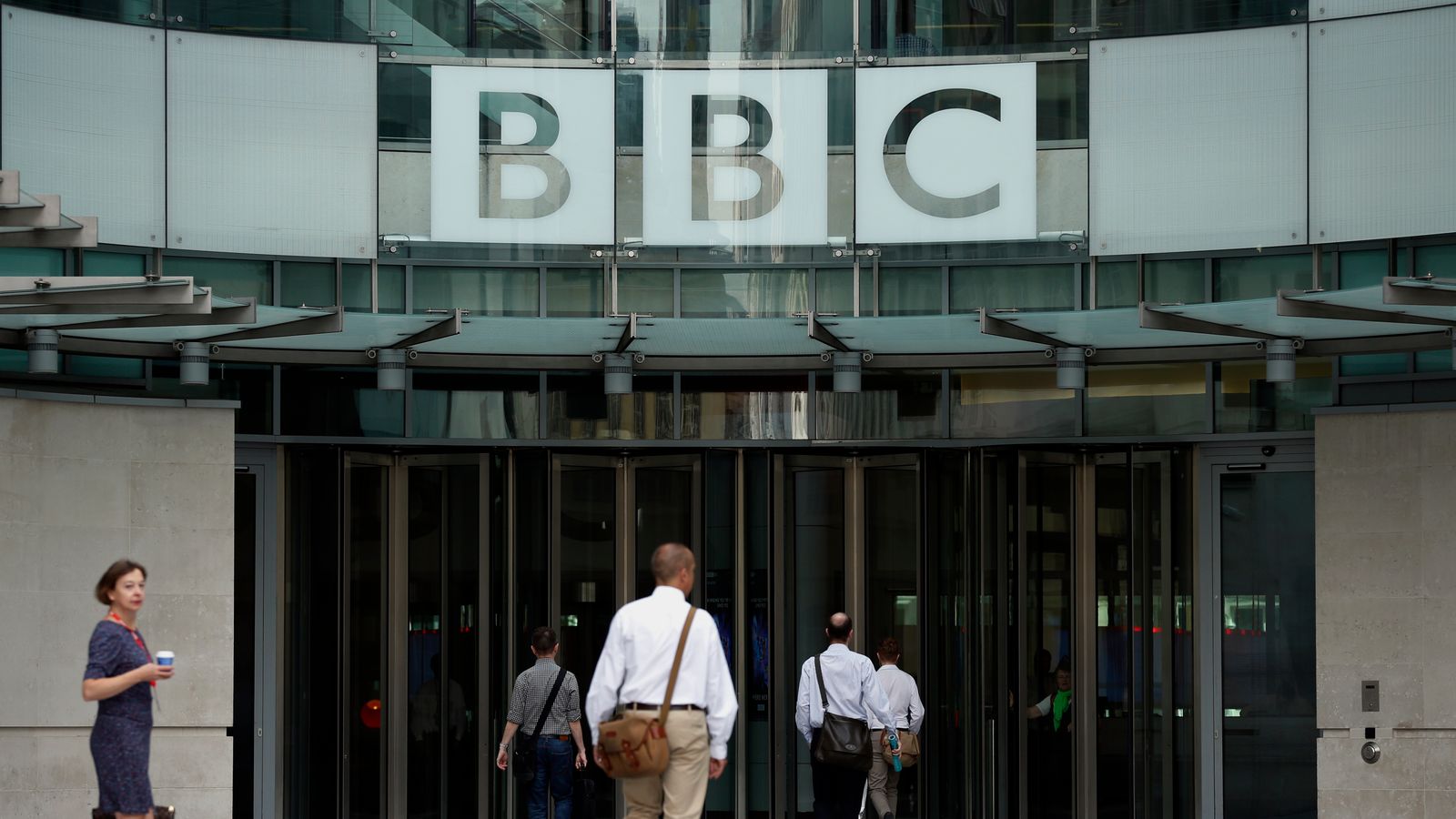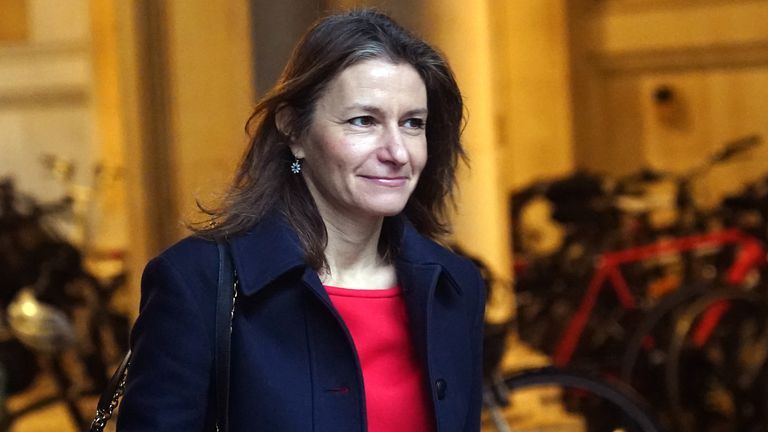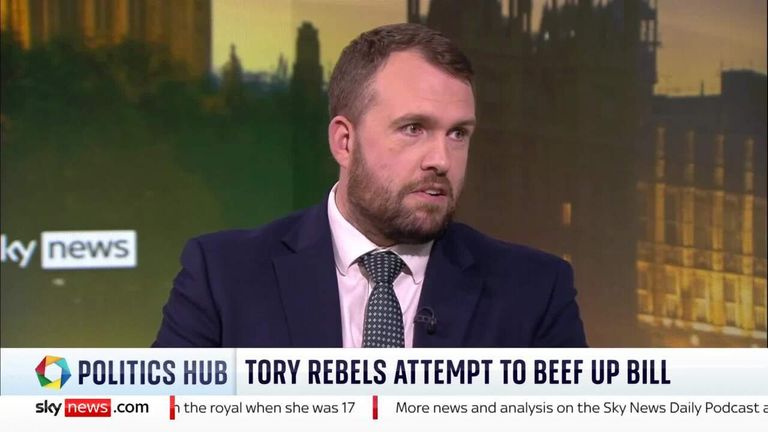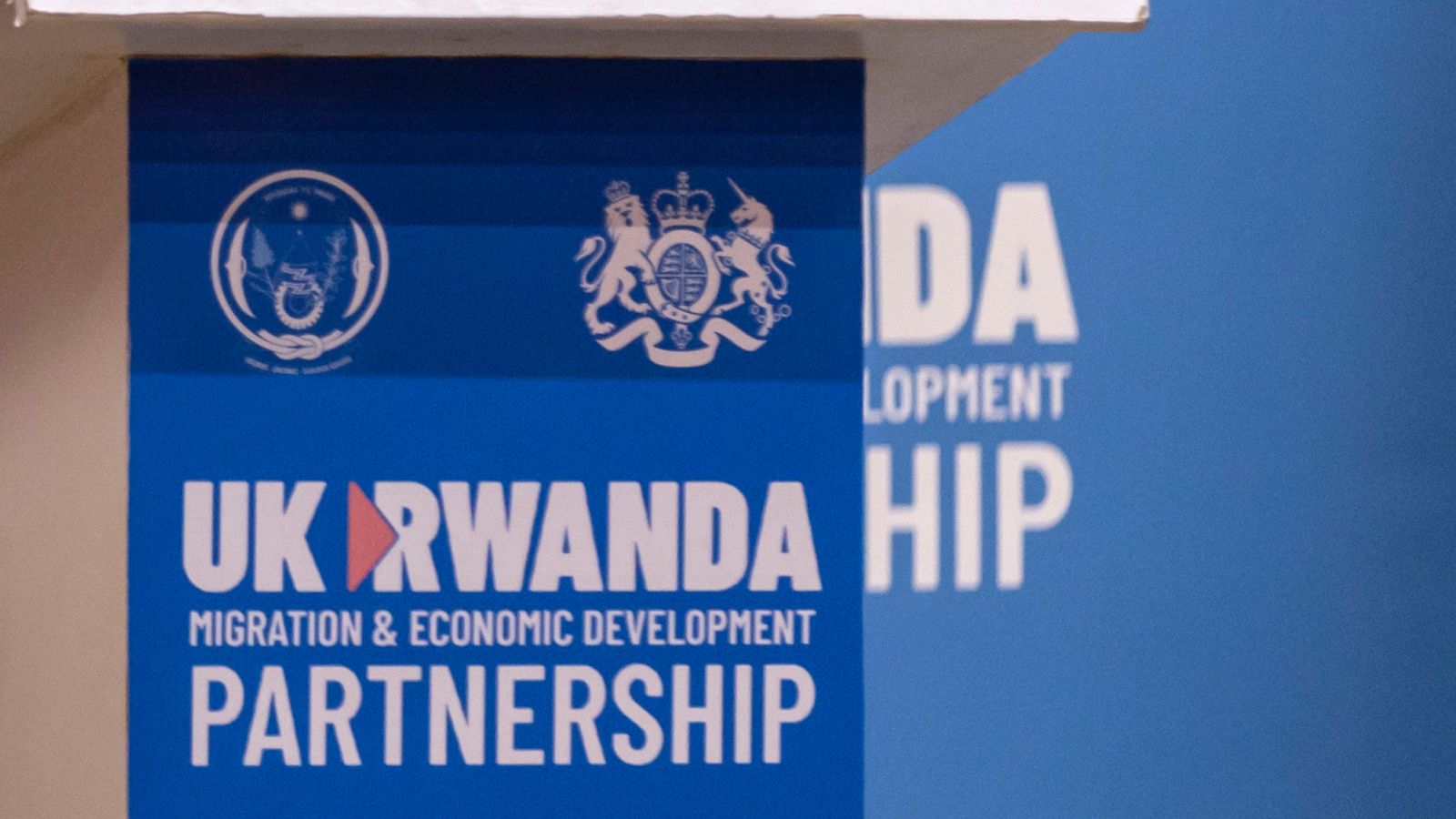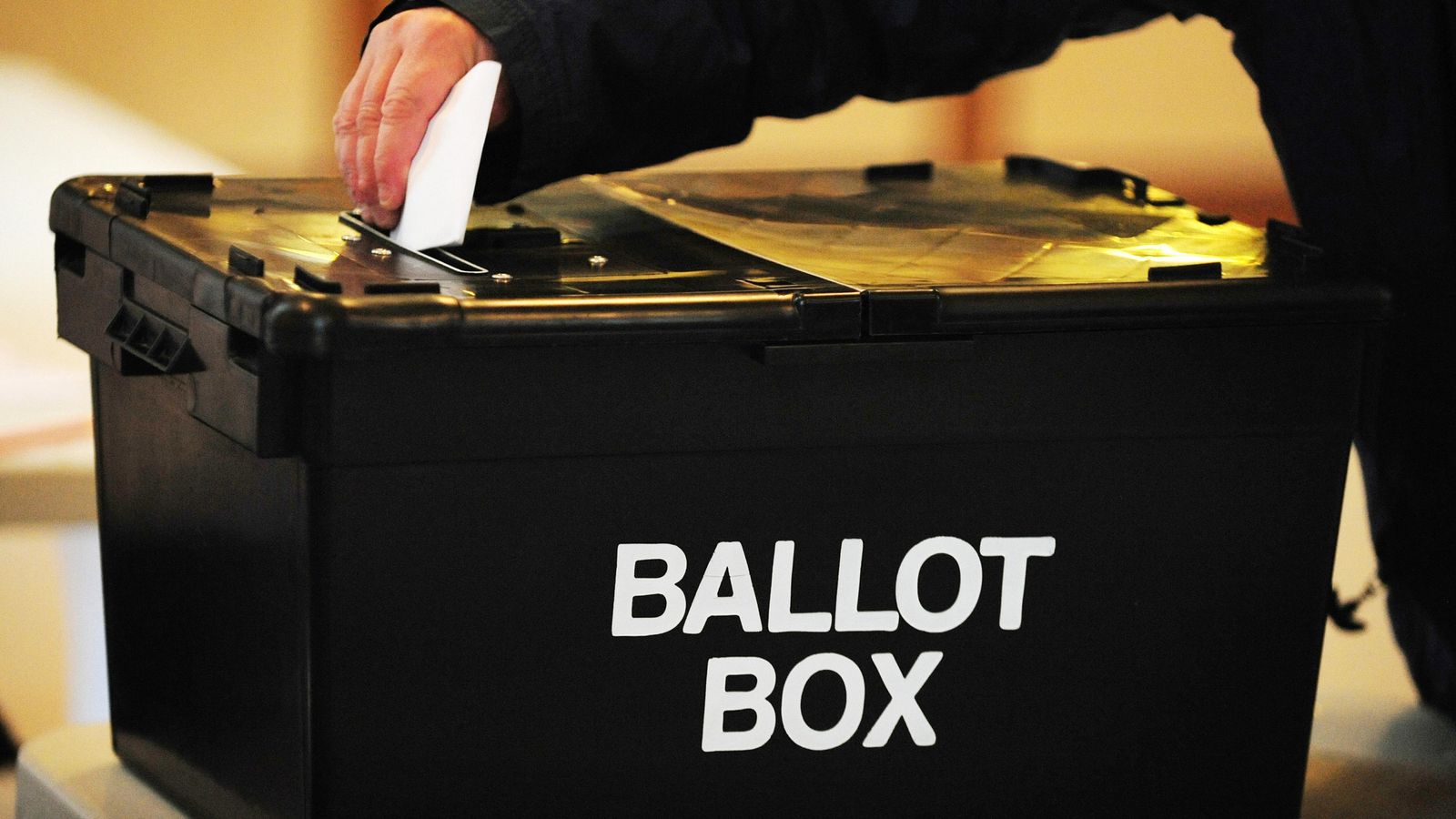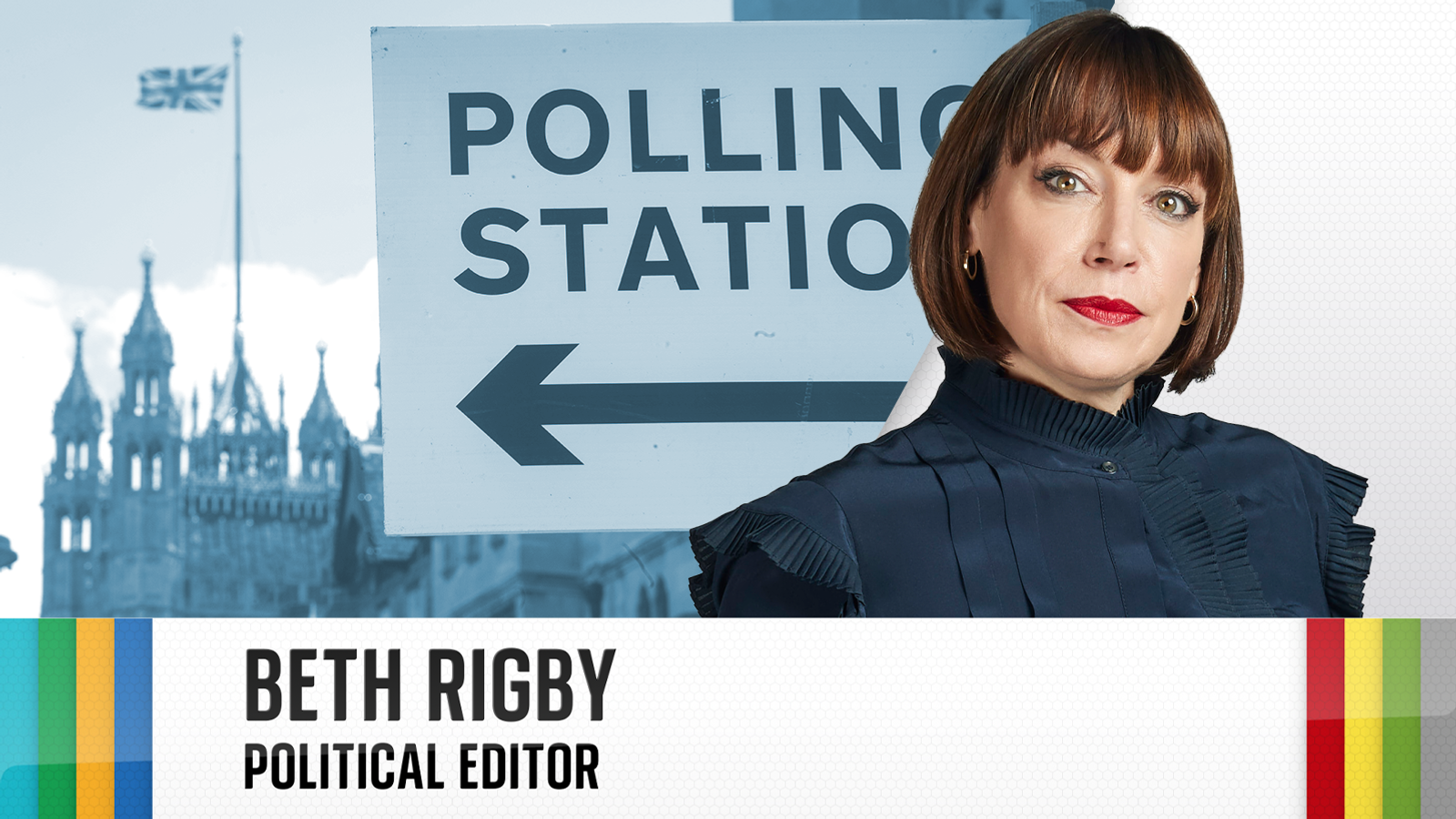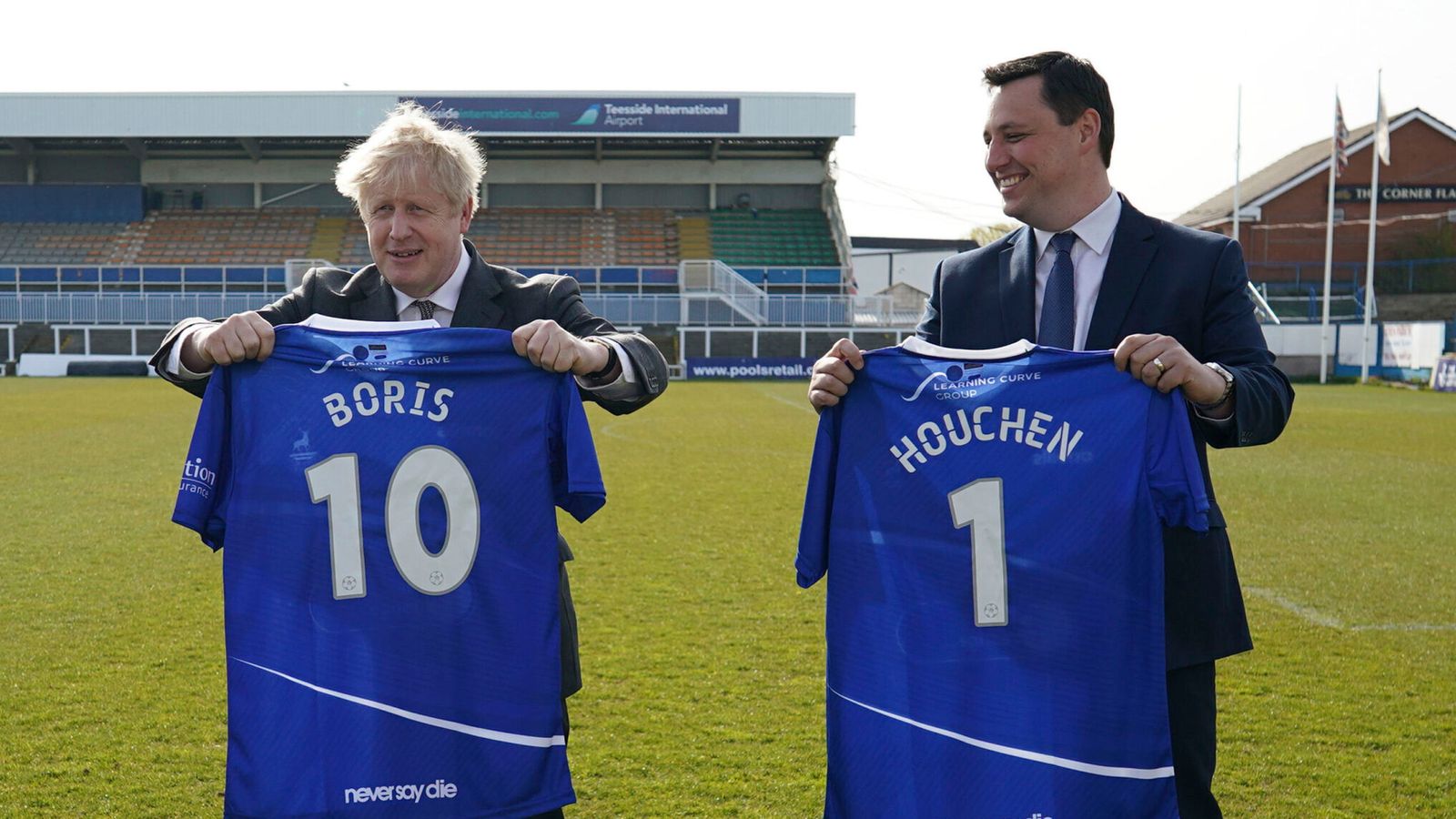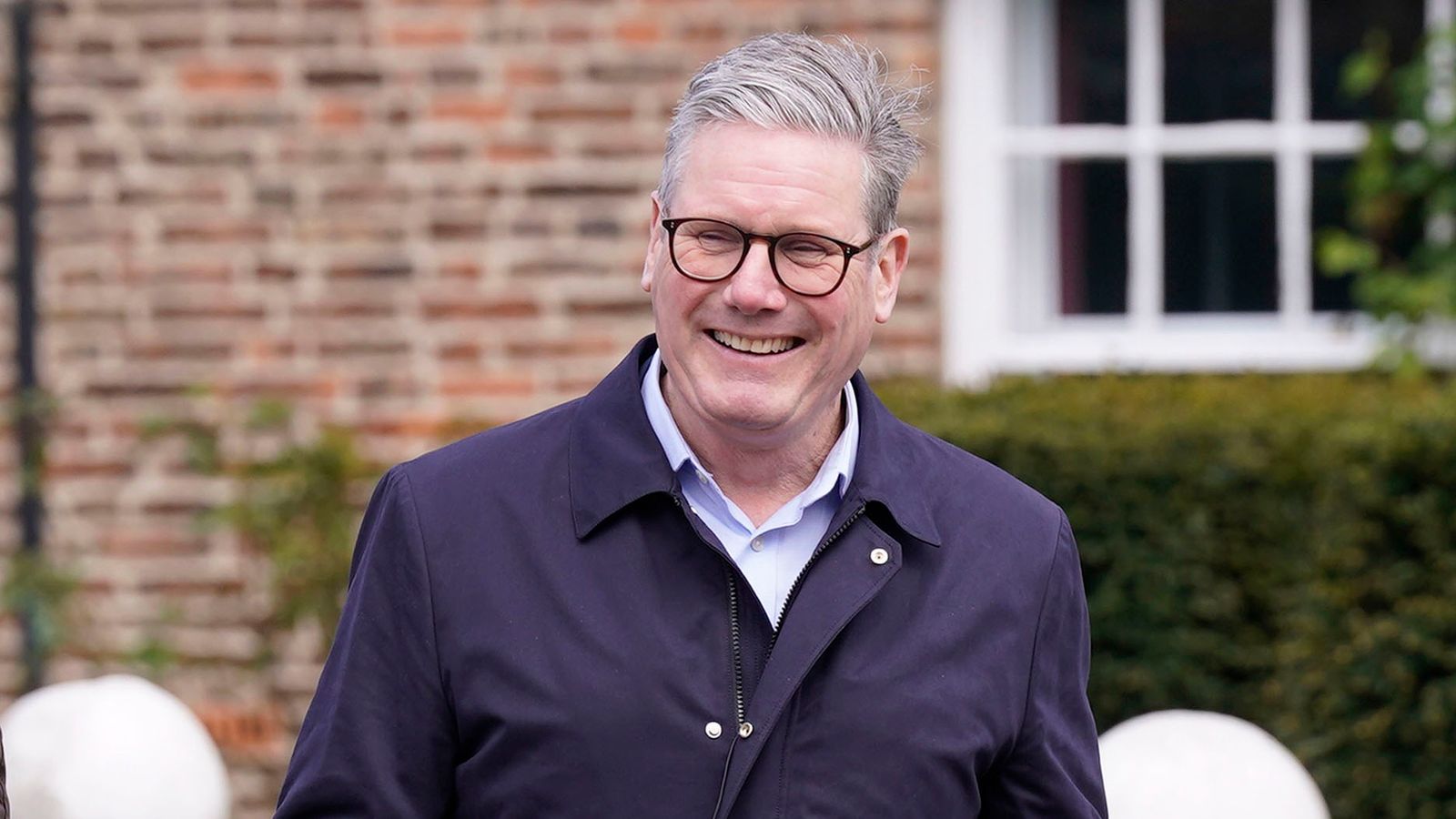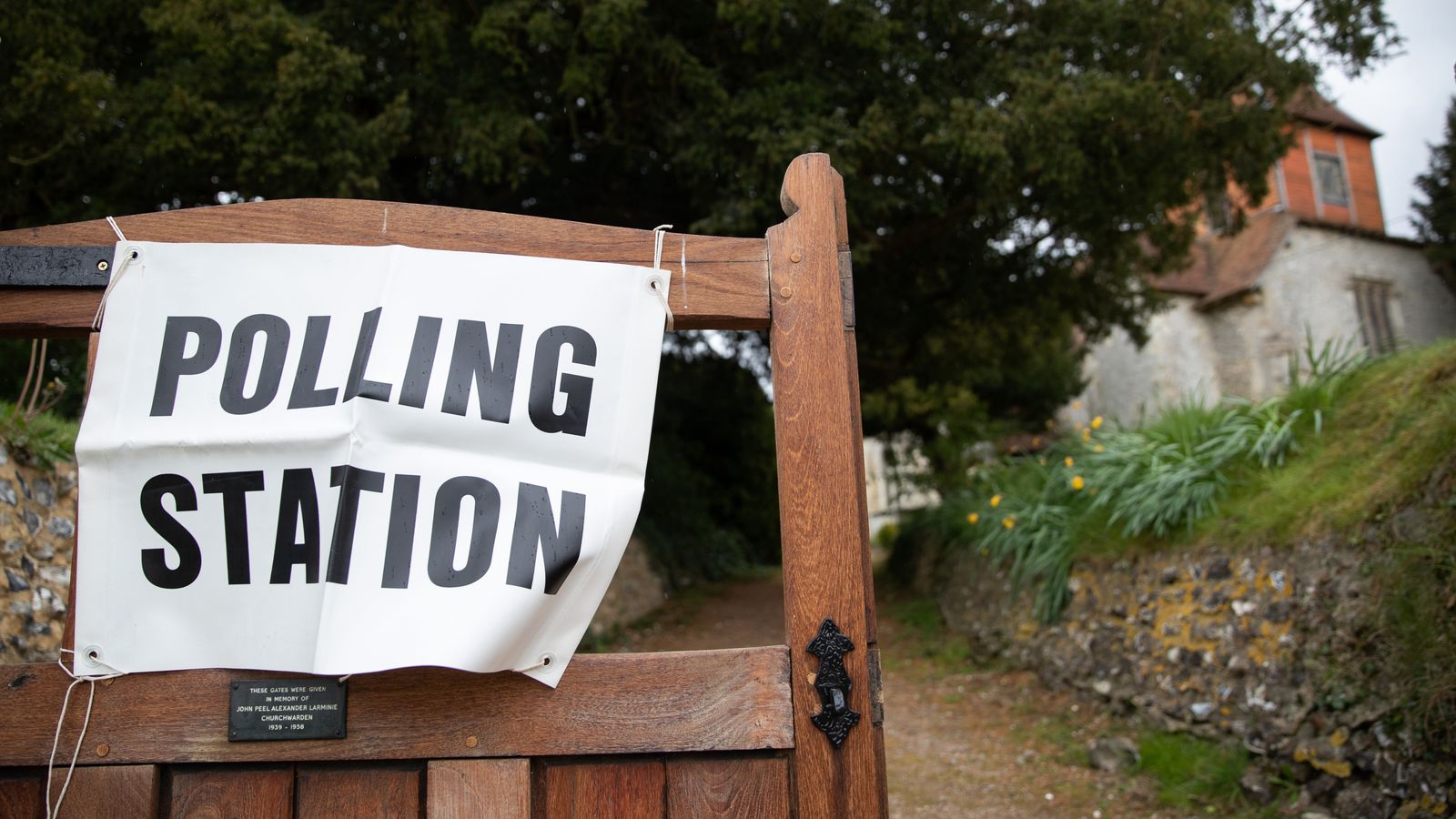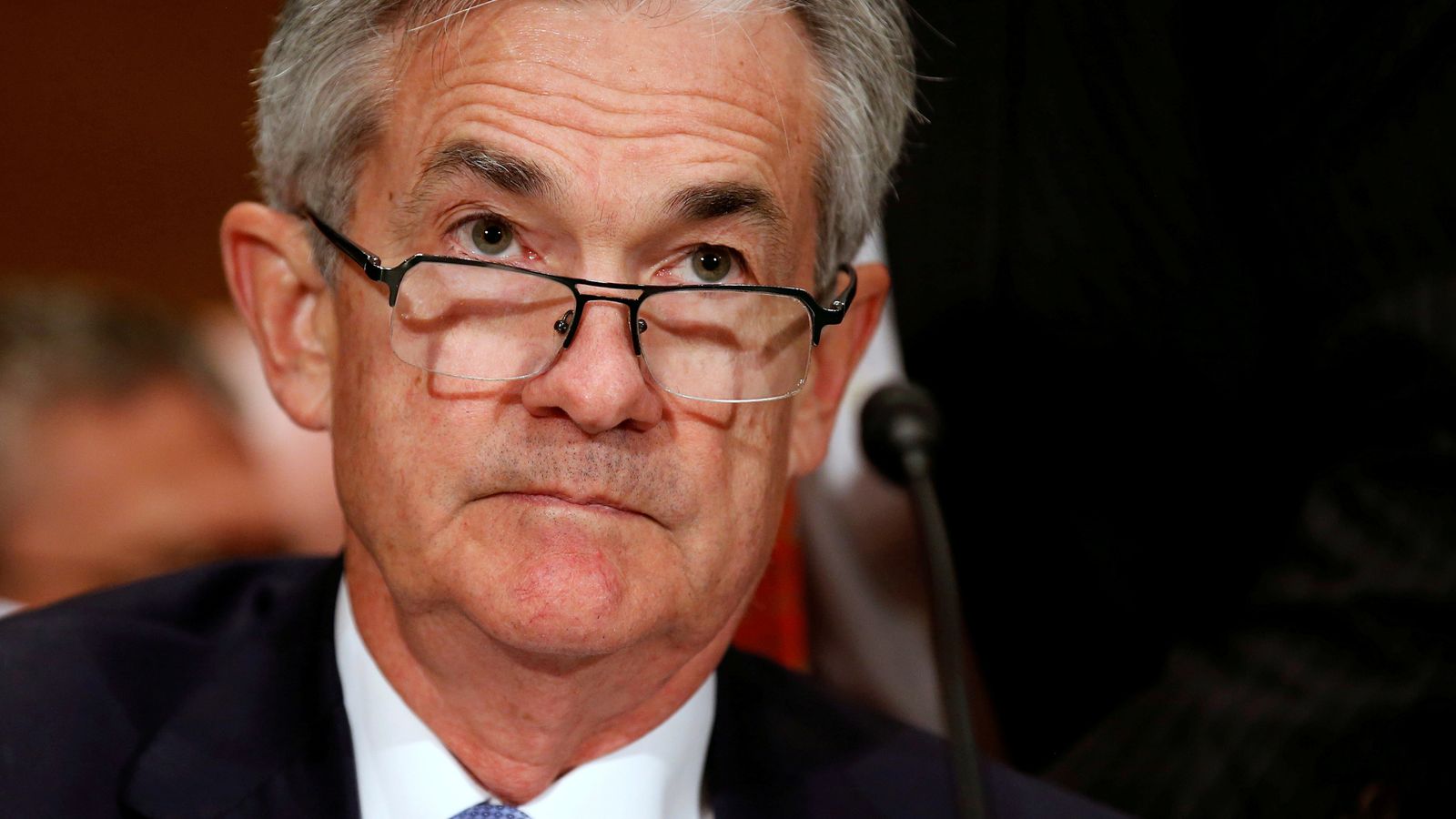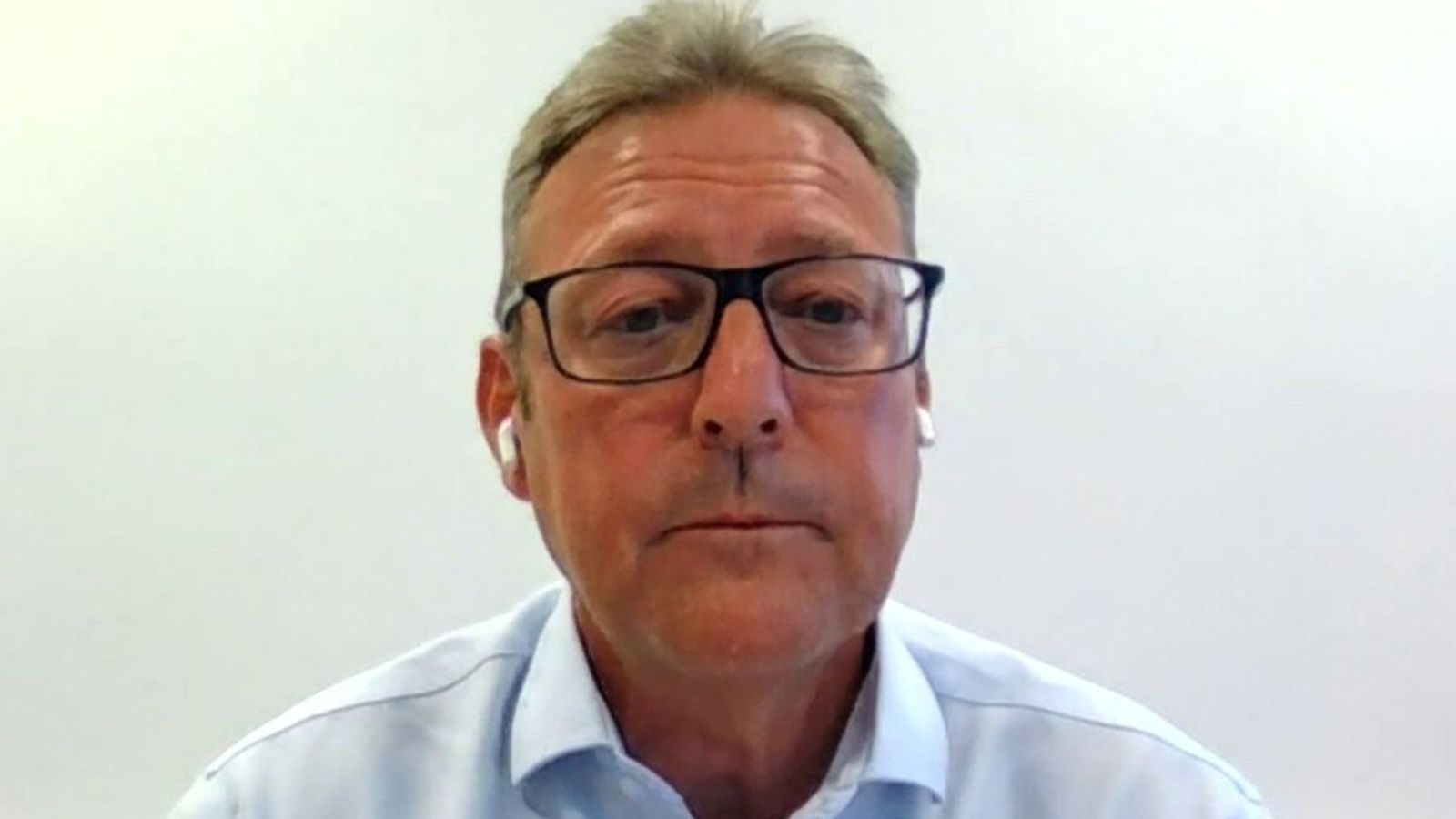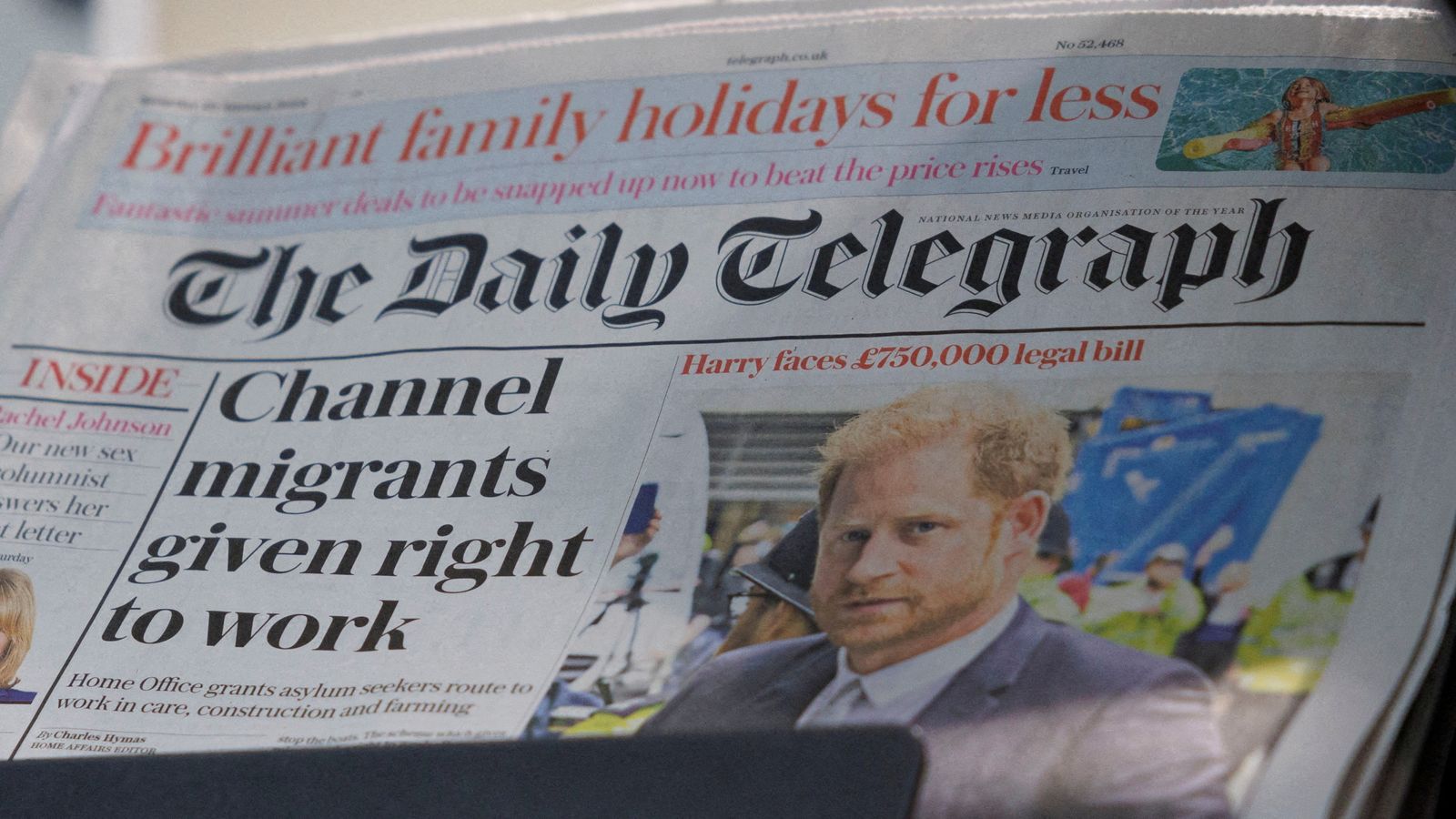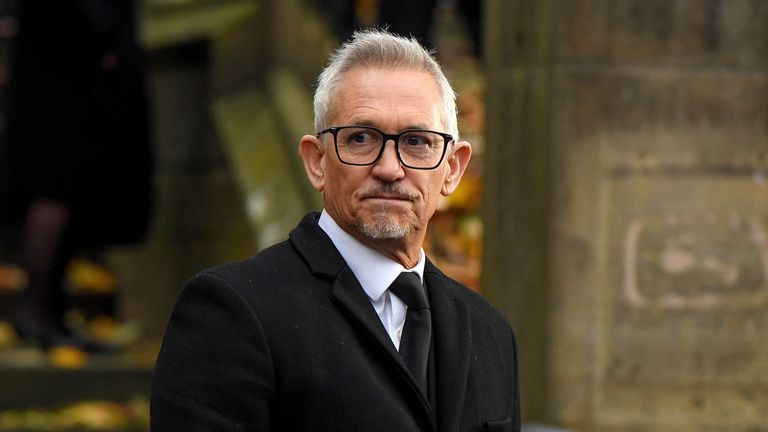
Ofcom’s oversight of the BBC will be extended under reforms aimed at bolstering confidence in the impartiality of the corporation.
The communications watchdog, which regulates TV, radio and video-on-demand services, will be given new powers to monitor the BBC’s online public services, including the BBC news website and YouTube channel.
The measure was put forward in the first mid-term review of the 11-year BBC Royal Charter, which forms the constitutional basis of the broadcaster and makes clear its public purpose.
The review aims to examine and assess how effectively the governance and regulation arrangements of the BBC are performing at the halfway point of the current framework, which began in 2017.
The government said its recommendations are expected to be implemented “in a timely manner”, following talks with the BBC and Ofcom.
Currently Ofcom regulates the BBC’s TV, radio and on-demand output, but not other elements of its online content.
The government said oversight should be extended to digital services to enable the regulator to hold the BBC to account “in a more robust way”.
This could see Ofcom granted powers to take enforcement action over BBC News website articles it does not believe meet relevant broadcast standards.
If a broadcaster breaks the rules repeatedly, or in a way considered to be serious, Ofcom has the legal powers to impose sanctions on them, such as a fine.
The watchdog has also been given a new legally binding responsibility to review more of the BBC’s complaints decisions.
Alongside this is a legal responsibility for the BBC Board to actively oversee its own complaints process.
‘Impartiality an ongoing issue for audiences’
The board previously had a responsibility to oversee only the establishment of a complaints handling process but the change will give it the “responsibility to oversee how that process is working in practice”, the government said.
The mid-term review concluded that the current complaint’s process, called BBC First, does allow licence fee payers to hold the corporation directly accountable, but said impartiality continues to be an ongoing issue for audiences.
The changes are designed to “enhance the independent scrutiny of its complaints handling and improve the experience of viewers who make a complaint”.
Read More:
Richard Sharp resigns as BBC chairman after Boris Johnson £800,000 loan row
Carol Vorderman leaves BBC radio show over new social media guidelines
The review also recommends that the BBC considers how diversity and opinion could be better represented.
The government said some audience groups, including disabled viewers and people from lower socioeconomic backgrounds, feel underrepresented by the corporation.
Culture Secretary Lucy Frazer said the BBC “needs to adapt” to the reforms or risk “losing the trust of the audience it relies on”.
“The government wants to see a strong, independent BBC that can thrive in the years to come as a major contributor to the nation’s successful creative industries,” she said.
“Following constructive conservations with the BBC and Ofcom, we have recommended reforms that I believe will improve accountability while boosting public confidence in the BBC’s ability to be impartial and respond to concerns raised by licence fee payers.”
A spokesperson for the BBC said “no other organisation takes its commitment to impartiality more seriously”.
They added: “During discussions over the mid-term review, we proposed and implemented a number of reforms, including strengthening our complaints procedures, which now form part of the conclusions. We are pleased the government has fully taken our proposals onboard. We remain committed to continuous improvement to ensure we deliver for all licence fee payers.”
The impartiality of the BBC came under increased scrutiny last year following a number of high-profile incidents.
There was outrage when Match Of The Day host Gary Lineker was briefly taken off air following a tweet about the government’s asylum policy, forcing the company to change its social media guidelines.
The company also faced an impartiality row after it emerged former chairman Richard Sharp, who has since resigned, broke the rules by failing to disclose the role he played in helping Boris Johnson secure an £800,000 loan.

